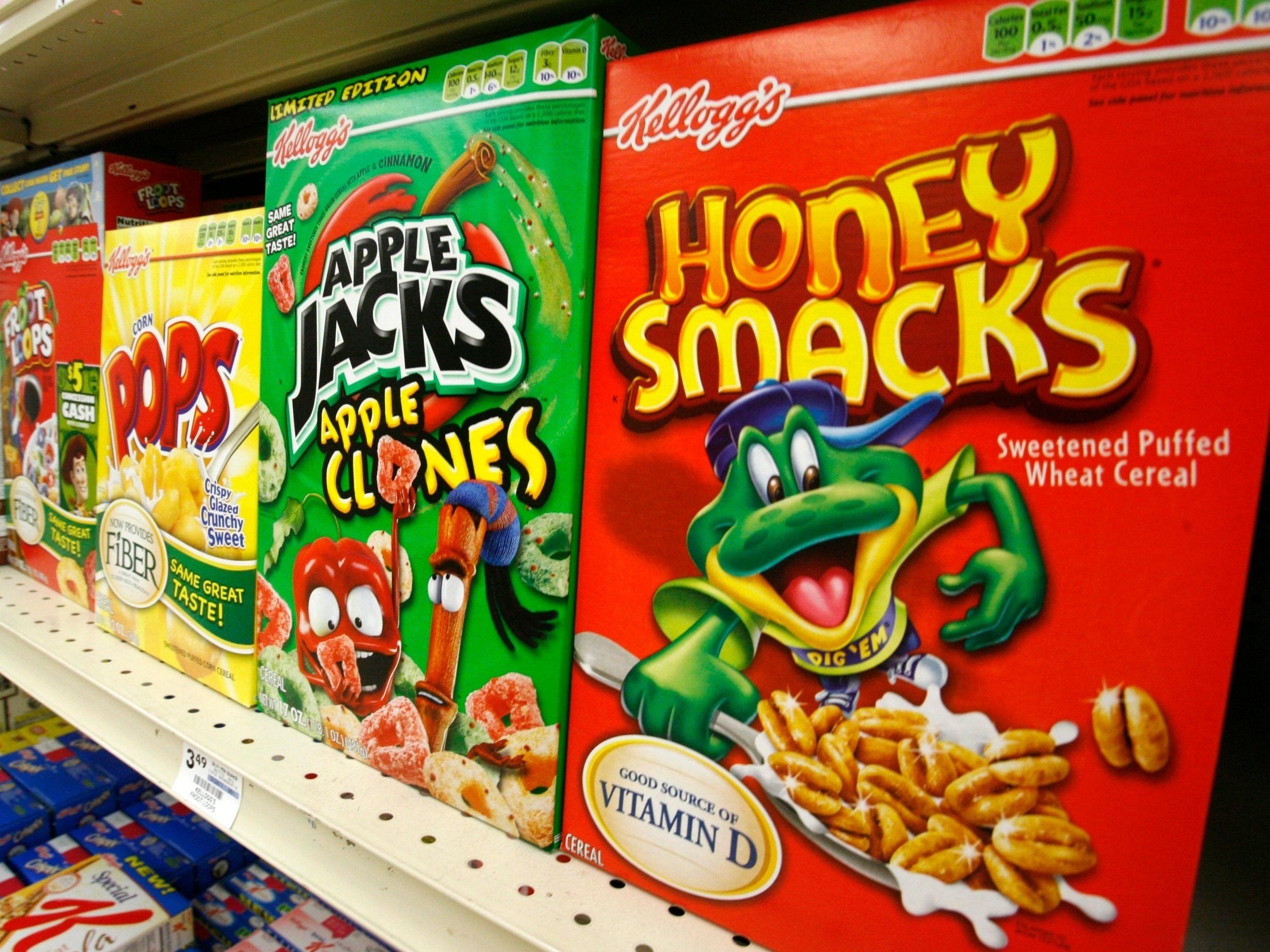‘Do not eat this cereal’: US government issues warning after salmonella outbreak infects 100 people
Disease control agency urges customers to avoid Kellogg's Honey Smacks after outbreak hospitalises at least 30 people

Your support helps us to tell the story
From reproductive rights to climate change to Big Tech, The Independent is on the ground when the story is developing. Whether it's investigating the financials of Elon Musk's pro-Trump PAC or producing our latest documentary, 'The A Word', which shines a light on the American women fighting for reproductive rights, we know how important it is to parse out the facts from the messaging.
At such a critical moment in US history, we need reporters on the ground. Your donation allows us to keep sending journalists to speak to both sides of the story.
The Independent is trusted by Americans across the entire political spectrum. And unlike many other quality news outlets, we choose not to lock Americans out of our reporting and analysis with paywalls. We believe quality journalism should be available to everyone, paid for by those who can afford it.
Your support makes all the difference.A salmonella outbreak linked to a popular Kellogg's cereal has infected 100 people, the Centers for Disease Control and Prevention (CDC) announced on Thursday.
The agency is urging consumers to avoid Honey Smacks, a sugary puffed wheat cereal which has been the subject of a recall by the company since mid-June. At least 30 of the 100 have been hospitalised, while no deaths have been reported, the CDC said.
"Do not eat Kellogg's Honey Smacks cereal of any size package or with any 'best if used by' date," it wrote.
"Do not eat this cereal," the CDC said bluntly in a tweet.
The agency has said that it has found salmonella stains in unopened and leftover samples of Honey Smacks. Though the recall covers cereal with a best-by date of June 14, 2018, through June 14, 2019, the agency is recommending people avoid the cereal altogether.
According to Reuters, the company recalled an estimated 1.3 million cases of the cereal but the FDA said on Thursday that it believes the cereal is still being sold by some stores.

"Retailers cannot legally offer the cereal for sale and consumers should not purchase Kellogg's Honey Smacks cereal," it wrote.
The cases have been reported in 33 states, including New York, Pennsylvania, Texas, California, Maryland and Virginia.
According to the CDC, Salmonella is responsible for about 1.2 million illnesses, 23,000 hospitalizations, and 450 deaths a year, the majority of which are sourced from food. Symptoms for salmonella infection, which lasts about four to seven days, include diarrhoea, fever and abdominal cramps.
Kellogg Company, which did not respond to an immediate request for comment, launched an investigation into a third-party manufacturer who produces the cereal in mid-June after the infections were reported, according to the FDA. The FDA inspected the site and said that samples taken on the site matched the outbreak strain.
The recall effort follows other prominent salmonella outbreaks, including one linked to pre-cut melon from an facility in Indianapolis that sickened 70 people and another connected to eggs from a single North Carolina producer where 45 people were made sick. Earlier this year, 210 people were infected by an E. coli outbreak that killed five people linked to romaine lettuce that had been grown in Arizona.
The Washington Post
Join our commenting forum
Join thought-provoking conversations, follow other Independent readers and see their replies
Comments